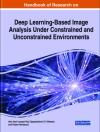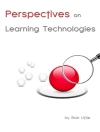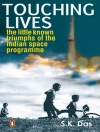Over the last few decades, there are increasing public awareness of adverse events involving engineering failures that not only led to monetary losses but also more importantly, human injuries and deaths. Whilst it is vital for an engineering professional or student to acquire the necessary technical knowledge and skills in their respective field, they must also understand the ethical essences that are relevant to their profession. Engineering professionals like biomedical engineers, need to appreciate the fundamentals of best practices and recognise how any derivation from such practices can have undesirable impacts on human lives. Through this book, it is hoped that readers would draw the relevance between the study of ethics and biomedical engineering. The book would be a useful source and reference for college-level and university-level students. Moreover, the contents are written so as to also provide valuable insights even for existing biomedical engineers and those enrolled in continual engineering education programs.
Tabela de Conteúdo
Preface.- Ethical practices and engineering.- Ethics & biomedical engineering practice & research: origins of principles & consent.- Ethical considerations in clinical engineering.- Ethics of biomaterials for implants.- Ethics and data mining in biomedical engineering.- Whistle blowing: an option or an obligation?.- Index.
Sobre o autor
Jong Yong, a former student from Ngee Ann Polytechnic, holds a Ph D (Biomedical Engineering) and a Bachelor of Engineering (Electrical) (Hons I) from the University of Queensland, Australia. He also has an Advanced Diploma (Business Administration) and Practitioner Diploma (Applied Statistic). Before returning to his alma mater, he has worked as a semi-conductor engineering assistant, university tutor, research scientist, research manager in a hospital and then in a research institute. His research focus is in areas of biomedical engineering, statistical analyses and research ethics.












